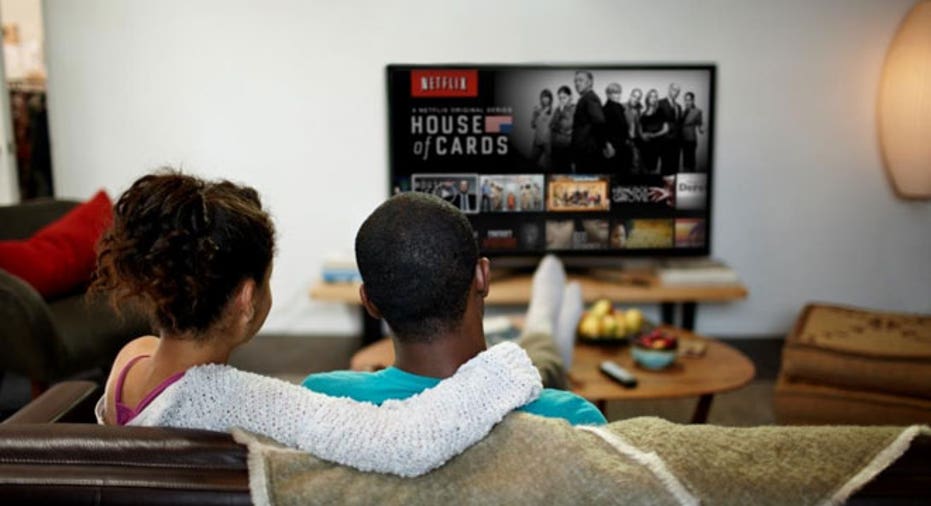Why Obama Is Wrong on Net Neutrality

Is it any wonder that our attention-deficit sound bite-driven culture misconstrues terms like “net neutrality?” I mean, how can such an innocuous phrase that sounds so fair, so middling, so, so, … so downright neutral, be bad?
Let me explain what everyone, and I mean everyone, gets wrong in the net neutrality debate. There is no net neutrality. If there were net neutrality, you wouldn’t be able to download Netflix (NASDAQ:NFLX) movies or watch YouTube videos. Google searches and Facebook (NASDAQ:FB) pages would take forever to see.
Internet traffic has been dominated by a handful of content providers for more than a decade. If those companies didn’t negotiate “fast lanes” – another misconstrued sound bite although this one sounds bad when it really isn’t – with Internet Service Providers (ISPs), it would cripple the Internet as we know and use it today.
So why the debate? That’s what happens anytime the Federal Communications Commission (FCC) – or any government agency for that matter – decides to get involved in the private sector and float some regulations. The corporate giants do their lobbying, the activists do their agitating, and they all use catchy sound bites to spin their position as the virtuous one.
Then President Obama, who I’m sure is feeling a little neglected in all the midterm election mania, just had to throw his decidedly lighter weight around and offer his version of a plan to further complicate matters. And don’t you love it when he calls for “increased transparency?” Oh the irony.
Meanwhile Senator Ted Cruz tweets, “’Net Neutrality’ is Obamacare for the Internet; the Internet should not operate at the speed of government.” You’ve got to admit; now that’s a great sound bite. And for the most part, he’s right.
Perhaps I can offer a simple explanation that clarifies what’s really going on here. The Internet does not operate the way everyone thinks it does. Netflix, for example, now accounts for as much as a third of peak Internet traffic in North America. In the past, that created some bottlenecks for Verizon, Comcast and other service providers.
Netflix ultimately and reluctantly agreed to share the cost of network equipment upgrades. This is nothing new. Google, Facebook and other big content providers have long paid for so-called fast lanes to improve broadband service to end-customers. Besides, there have always been tiers of service for Internet bandwidth.
All that is as it should be. So you see, there really is no net neutrality issue or dilemma. The free market has, at least to date, worked it out. And that paradigm should continue as long as there’s continued competition between ISPs. That way, if your service isn’t up to snuff, you can switch.
And therein lies the only real issue. Today, cable, telecom and satellite companies compete for Internet customers. You may not have all those options where you live, but if it’s profitable for those companies to bring you broadband Internet service, they’ll do it. And that’s also as it should be.
Today, the Internet is essentially unregulated and unfettered by the federal government. But President Obama is calling for the FCC to reclassify the Internet as a utility and heavily regulate ISPs as if they’re monopolies, which they’re not. He’s using the debate to give the FCC enormous power over Internet pricing, products and service.
Net neutrality is not an issue. Federal regulation of the Internet is. That is the only threat consumers need to worry about.



















